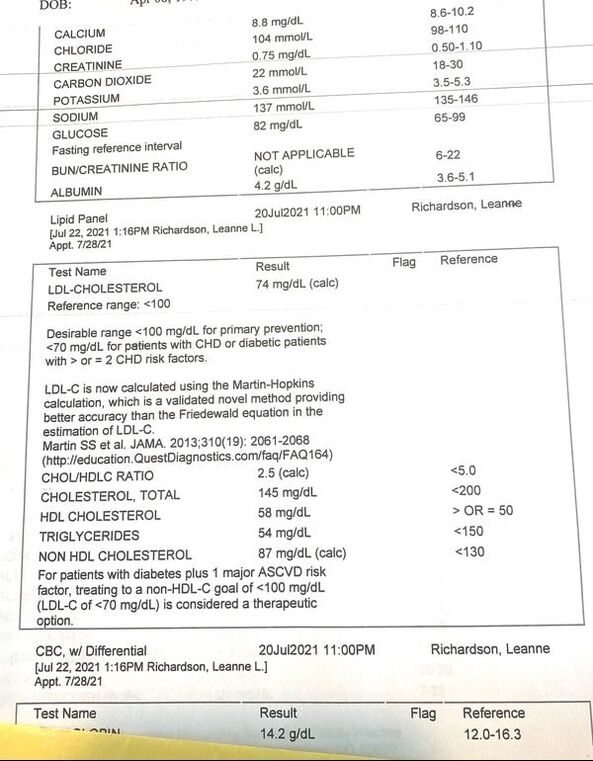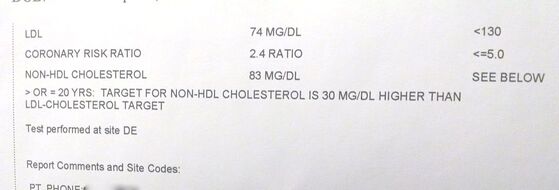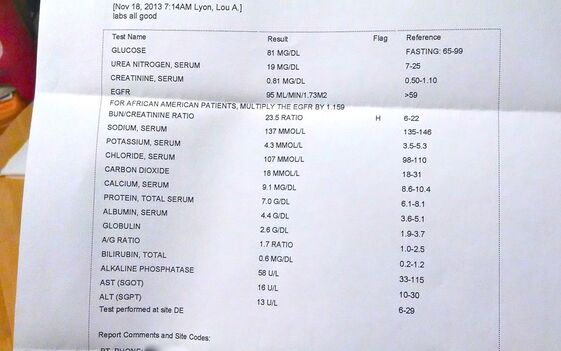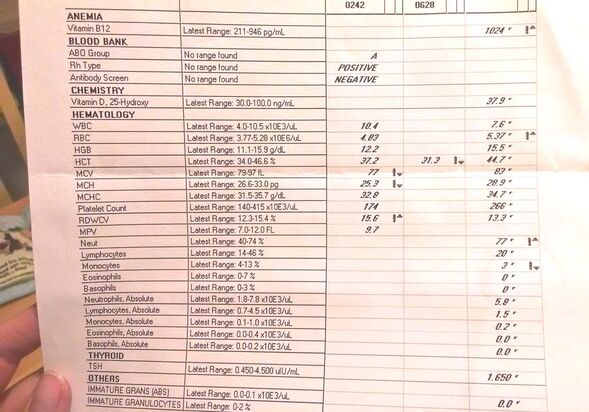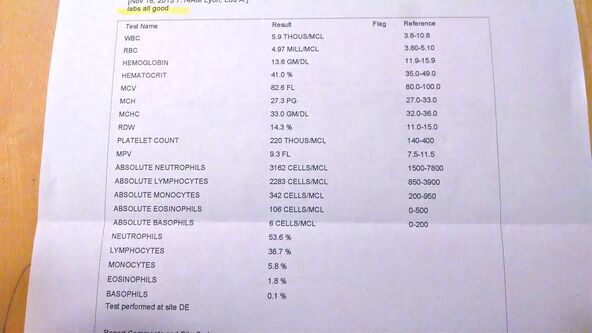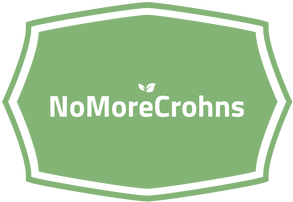Is This Diet Healthy?As you consider whether to take the plunge and start the Specific Carbohydrate Diet, you may be wondering if it’s really healthy. Is it really okay to cut out wheat, rice, corn and all the other grains? Won’t that be an unbalanced diet? Isn’t this diet really high in animal fats? What’ll happen to my cholesterol levels? When your family and friends hear what you’re thinking of doing, these are some of the concerns they may have. Let’s talk about them one at a time.
If you cut out grains, how will you get your fiber?? Dietary fiber is probably best known for its ability to prevent or relieve constipation. But foods containing fiber can also help maintain a healthy weight, lower your risk of diabetes and heart disease, lower cholesterol, blood pressure and inflammation. Getting enough fiber on the SCD isn’t difficult, but it helps to be somewhat aware as you choose what you eat. Soluble fiber dissolves in water to form a gel-like material. It can help lower blood cholesterol and improve blood sugar levels. Soluble fiber for SCDers is found in peas, brussels sprouts, navy beans (soaked overnight and cooked, wait 3 months), apples, apricots, mangoes, oranges, grapefruit, asparagus and carrots. Insoluble fiber doesn’t dissolve and promotes the movement of material through your digestive system and increases stool bulk. Berries are a great source of insoluble fiber as are the peels of fruits such as pears, plums, apricots and apples. Sunflower seeds, almonds, walnuts, peanuts, navy beans (soaked overnight and cooked, wait 3 months), and vegetables such as cauliflower and green beans, are also good sources of legal insoluble fiber. (source: mayoclinic.org/healthy-living and healthyeating.sfgate.com) Aren't grains loaded with vitamins and minerals? While grains are one source of the following vitamins and minerals, a person on the SCD will be able to get these important nutrients from foods which are eaten regularly on the SCD as well as some supplements. The nutrients most associated with grains are B vitamins, folic acid, iron, calcium, zinc, and magnesium. It’s true that B vitamins are found in unprocessed grains, but they are also particularly concentrated in SCD legal proteins such as turkey, fish and shellfish, liver, red meat, dairy, legal cheeses and eggs. Other good SCD sources for B vitamins include speckled bananas, lentils (soak overnight, cook, and wait 3 months), chili peppers, and navy beans (soak overnight, cook, and enjoy after 3 months). Another popular means of increasing one’s vitamin B intake is through the use of dietary supplements such as the Freeda SCD legal B vitamins. (Sources: Wikipedia, healthaliciousnes.com) Folic acid is found naturally in SCD foods, including dark leafy vegetables, citrus fruits, and navy beans. (Soak overnight, cook, and enjoy after 3 months.) The body does not absorb folate as easily as the manmade form (folic acid). In the United States, most women who eat foods enriched with folic acid (pastas, cereals, breads) are still not getting all that they need. That’s why it’s important to take a vitamin with folic acid every day. (source: WomensHealth.gov/publications) When a person is on the SCD, especially women of childbearing age, it is recommended that they take an SCD legal multi-vitamin every day. I use the Freeda vitamins, which were formulated for people on the SCD. Iron is a mineral needed by our bodies. It is a part of all cells and, as part of the protein hemoglobin, carries oxygen from our lungs throughout our bodies. It also helps our muscles store and use oxygen. Iron is available in many SCD legal foods, and many doctors recommend taking a supplement, too. To boost the amount of iron in your diet, include SCD legal items such as red meat, egg yolks, dark leafy greens such as spinach and collards, dried fruit such as prunes, raisins and dried apricots, shellfish, navy beans and lentils (soak overnight, cook, and wait 3 months), liver, and artichokes. Eating these foods along with Vitamin C-rich foods helps your body absorb the iron. (Sources: WebMD and Centers for Disease Control and Prevention) Calcium is an important mineral which does more than strengthen your bones - it also plays a role in regulating your blood pressure and maintaining a healthy heart. It's recommended that you get around 1,000+ mg per day, and if your body doesn’t get enough, it’ll compensate by leeching calcium from your bones, leaving them brittle and weak. The SCD is rich in calcium because of the homemade yogurt and all the aged cheeses that are legal. Other rich sources of calcium are green veggies such as kale, broccoli, spinach, and other greens (wait to eat kale and broccoli until your symptoms have subsided). Sesame seeds are packed with calcium. Just 1 tablespoon will give you 88 mg, and you can concentrate the goodness by enjoying tahini, a Mediterranean paste made of ground sesame seeds, which goes well on salads or as a dip. One cup of whole almonds has 378 mg of calcium and other nuts are also rich in calcium. The SCD diet is a flavorful diet and uses virtually all dried herbs, which are surprisingly calcium dense, too. (Source: health.usnews.com/health-news) Zinc is an essential mineral required by the body for maintaining a sense of smell, keeping a healthy immune system, building proteins, triggering enzymes, and creating DNA. The current recommended daily value for Zinc is 15 mg. SCD legal foods highest in Zinc are seafood, beef and lamb, spinach, pumpkin and squash seeds, nuts, pork and chicken, navy beans (soak overnight, cook, and wait 3 months), and mushrooms. (source: healthaliciousness.com) Magnesium is a crucial, but frequently overlooked, part of a balanced diet. It’s crucial in more than 300 bodily functions - many of which give you energy. SCD legal foods where magnesium is widely available are dark leafy greens, nuts and seeds, fish, navy beans and lentils (soak overnight, cook, and wait 3 months), avocados, dairy, speckled bananas, and dried fruit. (Sources: doctoroz.com and healthaliciousness.com/articles) Vitamin D is important for helping us absorb calcium and it promotes bone growth. Cathy Malone, a Registered Dietitian at Mass General Hospital for Children, spoke at the 2018 SCDROCKS Conference and explained the nutritional needs of people on the SCD and what kinds of supplements might be helpful. She said that SCDers tend to be low on Vitamin D, and she encourages people to get at least 15 minutes of sunshine per day when possible and also to take legal Vitamin D Supplements. Is the SCD a balanced diet? The National Health Service in the UK says, “When it comes to a healthy diet, balance is the key to getting it right. This means eating a wide variety of foods in the right proportions, and consuming the right amount of food and drink to achieve and maintain a healthy body weight.” If we think of the average American diet - the diet that your friends and family might think you should be following, we realize it may not be very balanced or healthy. It may be heavy on unhealthy oils, sugars and processed carbs. In contrast, the SCD is all about fruit, veggies, meat, lactose-free yogurt and cheeses, healthy oils, nuts, and honey. Every one of these items is nutrient dense and provides a broad range of everything that your body needs. The SCD has a very wide variety of legal foods, but it's important to actually eat as many of these legal foods as possible, in order to make sure you're taking in a wide variety of nutrients in a balanced diet. Sometimes when people are on a special diet they end up eating the same eight foods, and you should work to avoid this, as your body will be missing out on many needed nutrients. On this website, you'll find scores of printable recipes, weekly menus, and several cookbooks, all created to help you branch out and enjoy the delicious options available while following the SCD. Isn’t this diet really high in animal fats? You might want to do more research on the question of animal and saturated fats, but it’s interesting to note that there is a large body of research and thought which says that animal and saturated fats actually promote good health! For example, a number of indigenous tribes in Africa have provided living proof that a high saturated fat diet equates to low mortality from heart disease. Human breast milk, the most perfect diet in existence for developing infants, contains 55% saturated fat and cannot be easily called a “mistake.” Saturated fats have been shown to be necessary for the proper function of cell membranes, heart, hormones, lungs, liver, the immune system, the brain, and more. (Sources: turningpointnutrition.ca/tag/omega-3-fats and www.menshealth.com/health/saturated/fat?fullpage=true and articles.mercola.com/sites/articles/archive/) An interesting book about the benefits of a diet that removes grain and includes saturated fats has been written by David Perlmutter, MD. Both a board-certified neurologist and Fellow of the American Board of Nutrition, he covers the topic of brain health in his book “Grain Brain.” For a review of the book and an interview with the author, see the link below. In the interview Dr. Perlmutter says two forms of fat that are vitally important for brain health are cholesterol and saturated fat. He describes a Mayo Clinic study where it was found that those individuals consuming the most saturated fat experienced a 36% reduction in risk for developing dementia. He says that this comes on the heels of data now indicating that saturated fat consumption has absolutely no relevance in the area of cardiovascular risk as recently described by Dr. Glen Lawrence in the journal “Advances in Nutrition.” (Dr. Lawrence article) The interview with Dr. Perlmutter by Max Lugavere is very interesting and may shed light on why people on the SCD are actually so healthy. Find the interview here: www.psychologytoday.com/blog/. Information provided above also quotes from this post. Also: well.blogs.nytimes.com/2014/03/17/ Also: awlr.org/saturated-fat-and-heart-disease-clinical-trials.html Also: medicalnewstoday.com/articles/273528.php It has been proven more recently that trans-fats, which are formed when hydrogen is added to vegetable oil during food processing to make it solidify, are unnatural and cause dysfunction and chaos in your body on the cellular level. Trans-fats are found in some stick margarine, man made vegetable shortening, cake mixes, pancake mixes, donuts, french fries, many chips, candy and frozen dinners; foods that are common in our American diet but which are not legal on the SCD. (source: webmd.com) What’ll happen to my cholesterol levels? I think the best way to talk about what the SCD does to cholesterol levels is to just show you the results of my own blood work. I have been on the diet exclusively since 2001 and while I didn’t go to the doctor regularly at first, now that I’ve been having babies and have gotten older, I have had regular blood work done and all of my numbers have continuously been great! Take a look at my recent blood work from July 2021, and also an older random report from November, 2013, below. |
